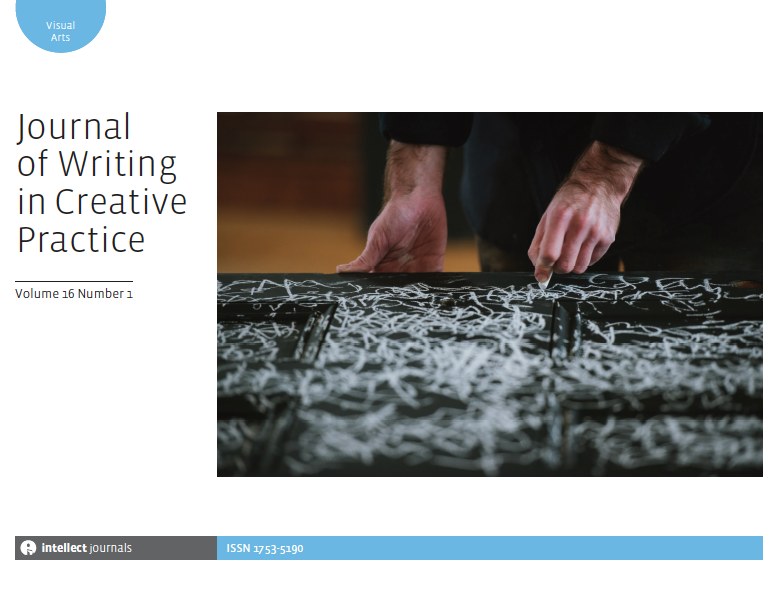
Full text loading...

This article explores the storytelling practices employed in Malala Yousafzai’s life-writing texts as examples of collaboration in the co-construction of an activist agenda. It tracks the narrative ‘I’ and its movements in and out of the plural pronoun ‘we’ as it moves across communities and embraces the legacy of testimonial accounts by both former and contemporary human rights activists. In line with that tradition, it is necessary to include the stories of other victimized people in the life-writing text, so that the result advocates for change on a sociopolitical, not just individual, level. The fact that the texts are mediated by editors, translators, co-authors and collaborators every step of the way paves the collaborative path Global South young women activists traverse, a path fraught with potential pitfalls and ethical difficulties for them and for scholars alike.

Article metrics loading...

Full text loading...
References


Publication Date:
https://doi.org/10.1386/jwcp.12.1-2.201_1 Published content will be available immediately after check-out or when it is released in case of a pre-order. Please make sure to be logged in to see all available purchase options.